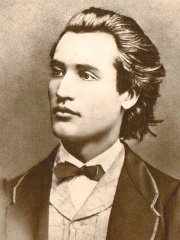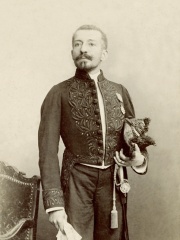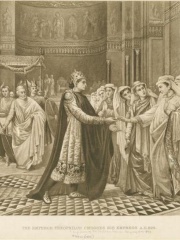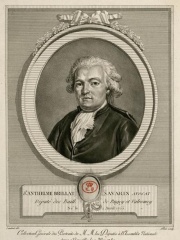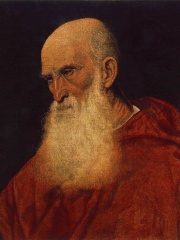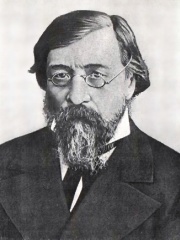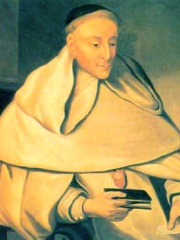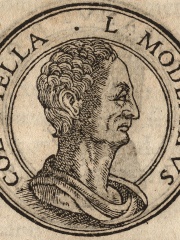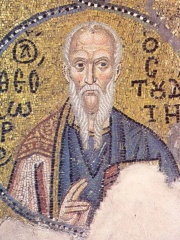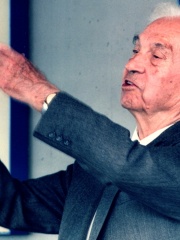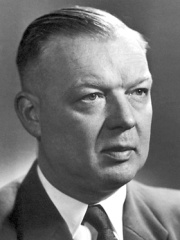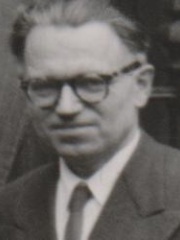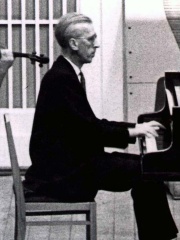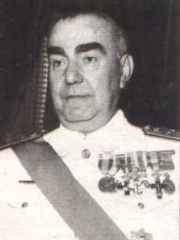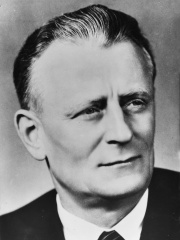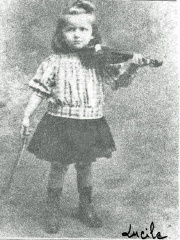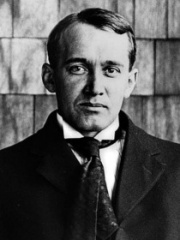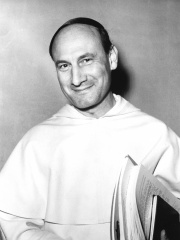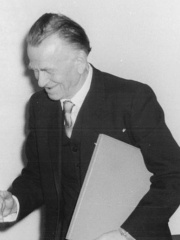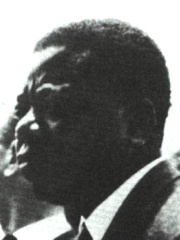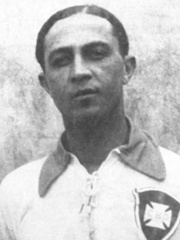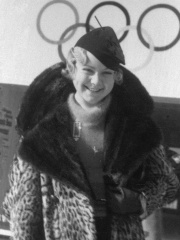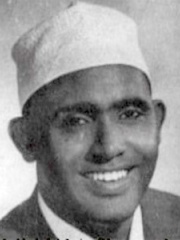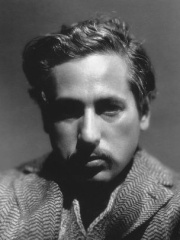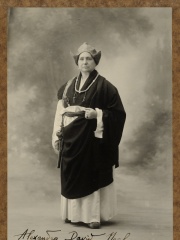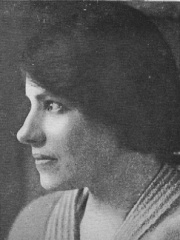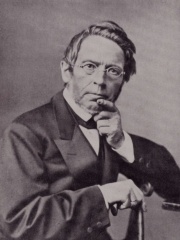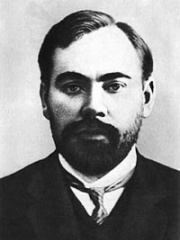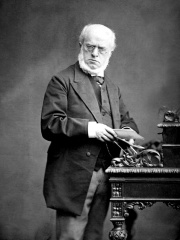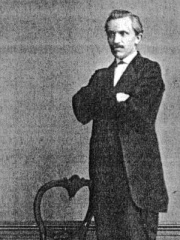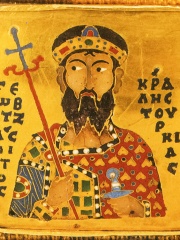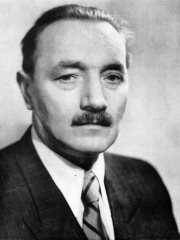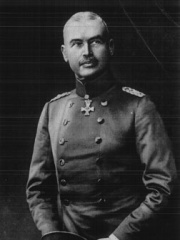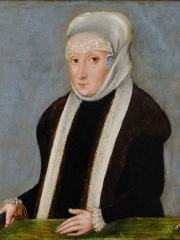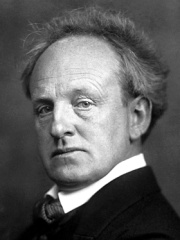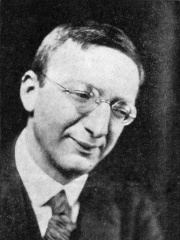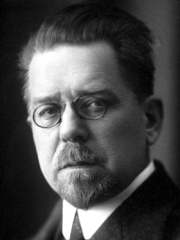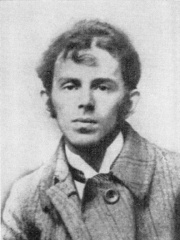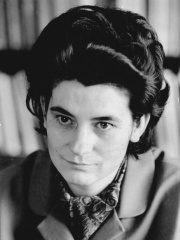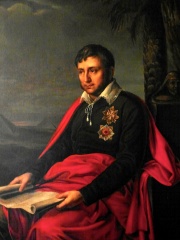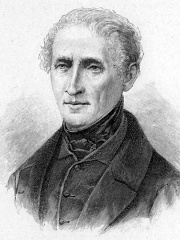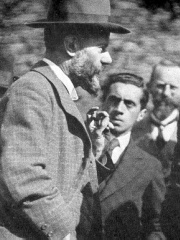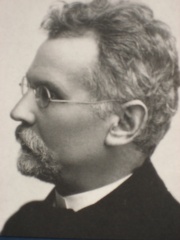Writer
Witold Gombrowicz
1904 - 1969
EN.WIKIPEDIA PAGE VIEWS (PV)

 Witold Gombrowicz
Witold Gombrowicz
His biography is available in 50 different languages on Wikipedia. Witold Gombrowicz is the 721st most popular writer (down from 630th in 2024), the 146th most popular biography from Poland (down from 130th in 2019) and the 13th most popular Polish Writer.
Witold Gombrowicz is most famous for his novel "Trans-Atlantyk" and his play "The Marriage."
Memorability Metrics
Page views of Witold Gombrowicz by language
Among Writers
Among writers, Witold Gombrowicz ranks 721 out of 7,302. Before him are Mihai Eminescu, Alejo Carpentier, Pierre Loti, Kassia, Marie de France, and Jean Anthelme Brillat-Savarin. After him are Pietro Bembo, Nikolay Chernyshevsky, Tirso de Molina, Ed McBain, Columella, and Theodore the Studite.
Most Popular Writers in Wikipedia
Go to all RankingsMihai Eminescu
1850 - 1889
HPI: 70.52
Rank: 715
Alejo Carpentier
1904 - 1980
HPI: 70.51
Rank: 716
Pierre Loti
1850 - 1923
HPI: 70.48
Rank: 717
Kassia
810 - 865
HPI: 70.48
Rank: 718
Marie de France
1101 - 1300
HPI: 70.43
Rank: 719
Jean Anthelme Brillat-Savarin
1755 - 1826
HPI: 70.41
Rank: 720
Witold Gombrowicz
1904 - 1969
HPI: 70.40
Rank: 721
Pietro Bembo
1470 - 1547
HPI: 70.40
Rank: 722
Nikolay Chernyshevsky
1828 - 1889
HPI: 70.40
Rank: 723
Tirso de Molina
1579 - 1648
HPI: 70.39
Rank: 724
Ed McBain
1926 - 2005
HPI: 70.39
Rank: 725
Columella
4 - 70
HPI: 70.39
Rank: 726
Theodore the Studite
759 - 826
HPI: 70.35
Rank: 727
Contemporaries
Among people born in 1904, Witold Gombrowicz ranks 33. Before him are Ernst Mayr, Hans Albert Einstein, Werner Forssmann, Alejo Carpentier, Gerhard Herzberg, and Hans Morgenthau. After him are Glenn Miller, Dmitry Kabalevsky, Luis Carrero Blanco, Antonín Novotný, Lucile Randon, and Gregory Bateson. Among people deceased in 1969, Witold Gombrowicz ranks 33. Before him are Vesto Slipher, Dominique Pire, Levi Eshkol, Otto Dix, Moïse Tshombe, and Arthur Friedenreich. After him are Sonja Henie, Joseph Kasa-Vubu, Abdirashid Shermarke, Josef von Sternberg, Alexandra David-Néel, and Harold Alexander, 1st Earl Alexander of Tunis.
Others Born in 1904
Go to all RankingsErnst Mayr
BIOLOGIST
1904 - 2005
HPI: 71.17
Rank: 27
Hans Albert Einstein
ENGINEER
1904 - 1973
HPI: 70.91
Rank: 28
Werner Forssmann
PHYSICIAN
1904 - 1979
HPI: 70.90
Rank: 29
Alejo Carpentier
WRITER
1904 - 1980
HPI: 70.51
Rank: 30
Gerhard Herzberg
CHEMIST
1904 - 1999
HPI: 70.50
Rank: 31
Hans Morgenthau
POLITICAL SCIENTIST
1904 - 1980
HPI: 70.41
Rank: 32
Witold Gombrowicz
WRITER
1904 - 1969
HPI: 70.40
Rank: 33
Glenn Miller
MUSICIAN
1904 - 1944
HPI: 70.23
Rank: 34
Dmitry Kabalevsky
COMPOSER
1904 - 1986
HPI: 70.07
Rank: 35
Luis Carrero Blanco
EXTREMIST
1904 - 1973
HPI: 69.83
Rank: 36
Antonín Novotný
POLITICIAN
1904 - 1975
HPI: 69.64
Rank: 37
Lucile Randon
RELIGIOUS FIGURE
1904 - 2023
HPI: 69.61
Rank: 38
Gregory Bateson
ANTHROPOLOGIST
1904 - 1980
HPI: 69.56
Rank: 39
Others Deceased in 1969
Go to all RankingsVesto Slipher
ASTRONOMER
1875 - 1969
HPI: 73.27
Rank: 27
Dominique Pire
SOCIAL ACTIVIST
1910 - 1969
HPI: 73.24
Rank: 28
Levi Eshkol
POLITICIAN
1895 - 1969
HPI: 73.21
Rank: 29
Otto Dix
PAINTER
1891 - 1969
HPI: 73.15
Rank: 30
Moïse Tshombe
POLITICIAN
1919 - 1969
HPI: 72.77
Rank: 31
Arthur Friedenreich
SOCCER PLAYER
1892 - 1969
HPI: 71.77
Rank: 32
Witold Gombrowicz
WRITER
1904 - 1969
HPI: 70.40
Rank: 33
Sonja Henie
SKATER
1912 - 1969
HPI: 69.28
Rank: 34
Joseph Kasa-Vubu
POLITICIAN
1910 - 1969
HPI: 69.16
Rank: 35
Abdirashid Shermarke
POLITICIAN
1919 - 1969
HPI: 69.06
Rank: 36
Josef von Sternberg
FILM DIRECTOR
1894 - 1969
HPI: 68.47
Rank: 37
Alexandra David-Néel
WRITER
1868 - 1969
HPI: 67.98
Rank: 38
Harold Alexander, 1st Earl Alexander of Tunis
MILITARY PERSONNEL
1891 - 1969
HPI: 67.90
Rank: 39
In Poland
Among people born in Poland, Witold Gombrowicz ranks 146 out of NaN. Before him are Edward Sapir (1884), Anna Anderson (1896), Johann Gustav Droysen (1808), Bronisław Komorowski (1952), Alexander Bogdanov (1873), and Adolph Menzel (1815). After him are Albert Marth (1828), Géza I of Hungary (1040), Bolesław Bierut (1892), Otto Liman von Sanders (1855), Isabella Jagiellon (1519), and Hanna Schygulla (1943).
Others born in Poland
Go to all RankingsEdward Sapir
LINGUIST
1884 - 1939
HPI: 70.67
Rank: 140
Anna Anderson
CELEBRITY
1896 - 1984
HPI: 70.60
Rank: 141
Johann Gustav Droysen
HISTORIAN
1808 - 1884
HPI: 70.59
Rank: 142
Bronisław Komorowski
POLITICIAN
1952 - Present
HPI: 70.52
Rank: 143
Alexander Bogdanov
PHYSICIAN
1873 - 1928
HPI: 70.50
Rank: 144
Adolph Menzel
ARTIST
1815 - 1905
HPI: 70.49
Rank: 145
Witold Gombrowicz
WRITER
1904 - 1969
HPI: 70.40
Rank: 146
Albert Marth
ASTRONOMER
1828 - 1897
HPI: 70.37
Rank: 147
Géza I of Hungary
POLITICIAN
1040 - 1077
HPI: 70.34
Rank: 148
Bolesław Bierut
POLITICIAN
1892 - 1956
HPI: 70.29
Rank: 149
Otto Liman von Sanders
MILITARY PERSONNEL
1855 - 1929
HPI: 70.27
Rank: 150
Isabella Jagiellon
POLITICIAN
1519 - 1559
HPI: 70.21
Rank: 151
Hanna Schygulla
ACTOR
1943 - Present
HPI: 70.16
Rank: 152
Among Writers In Poland
Among writers born in Poland, Witold Gombrowicz ranks 13. Before him are Gerhart Hauptmann (1862), Andrzej Sapkowski (1948), Alfred Döblin (1878), Władysław Reymont (1867), Osip Mandelstam (1891), and Olga Tokarczuk (1962). After him are Christa Wolf (1929), Jan Potocki (1761), Jerzy Kosiński (1933), Joseph Freiherr von Eichendorff (1788), Ernst Toller (1893), and Bolesław Prus (1847).
Gerhart Hauptmann
1862 - 1946
HPI: 76.95
Rank: 7
Andrzej Sapkowski
1948 - Present
HPI: 73.44
Rank: 8
Alfred Döblin
1878 - 1957
HPI: 72.90
Rank: 9
Władysław Reymont
1867 - 1925
HPI: 72.79
Rank: 10
Osip Mandelstam
1891 - 1938
HPI: 72.25
Rank: 11
Olga Tokarczuk
1962 - Present
HPI: 70.79
Rank: 12
Witold Gombrowicz
1904 - 1969
HPI: 70.40
Rank: 13
Christa Wolf
1929 - 2011
HPI: 70.12
Rank: 14
Jan Potocki
1761 - 1815
HPI: 69.63
Rank: 15
Jerzy Kosiński
1933 - 1991
HPI: 68.94
Rank: 16
Joseph Freiherr von Eichendorff
1788 - 1857
HPI: 68.18
Rank: 17
Ernst Toller
1893 - 1939
HPI: 67.77
Rank: 18
Bolesław Prus
1847 - 1912
HPI: 67.65
Rank: 19
